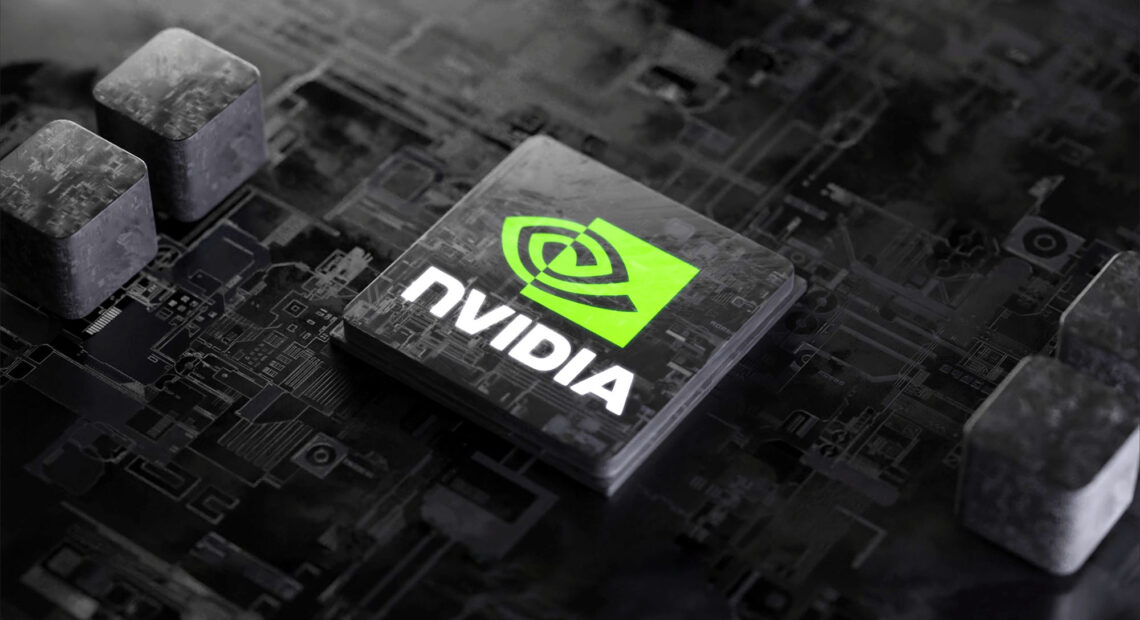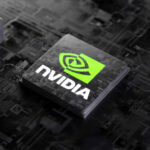Nvidia Invests $5 Billion in Intel, Expands Chip Partnership

Nvidia announced Thursday it will take a $5 billion stake in Intel, marking a major show of support for the struggling US chipmaker. The move comes just weeks after the White House orchestrated a landmark deal for the federal government to acquire a significant stake in Intel, underscoring Washington’s push to secure domestic semiconductor production.
Why it matters
Intel has been battling declining market share and delays in advanced chipmaking, while rivals like Taiwan’s TSMC and South Korea’s Samsung dominate cutting-edge manufacturing. Nvidia’s investment not only boosts confidence in Intel but also signals closer industry collaboration amid global supply chain and security concerns.
Partnership details
-
Nvidia and Intel will expand joint work on advanced chip packaging and AI computing infrastructure.
-
Intel’s foundry services will support some of Nvidia’s future chips, diversifying Nvidia’s supply beyond TSMC.
-
The deal is seen as part of a broader US strategy to strengthen domestic semiconductor resilience.
Broader context
-
Intel recently received billions in subsidies through the CHIPS and Science Act, aimed at reshoring semiconductor manufacturing.
-
The US government’s equity stake in Intel, finalized earlier this summer, was unprecedented and highlighted how central the company is to national security.
-
Global chip demand is expected to soar with the rise of artificial intelligence, autonomous vehicles, and cloud infrastructure — sectors where both Nvidia and Intel are key players.
Market reaction
Shares of Intel jumped in after-hours trading following the announcement, while Nvidia — now the world’s most valuable chipmaker — gained modestly. Analysts said the partnership could help Intel regain credibility with investors after years of setbacks.
The bigger picture
The deal brings together two US tech giants at a time when Washington is seeking to counter China’s growing semiconductor capabilities. If successful, it could reshape the competitive landscape of the chip industry and secure America’s position in the AI era.

















